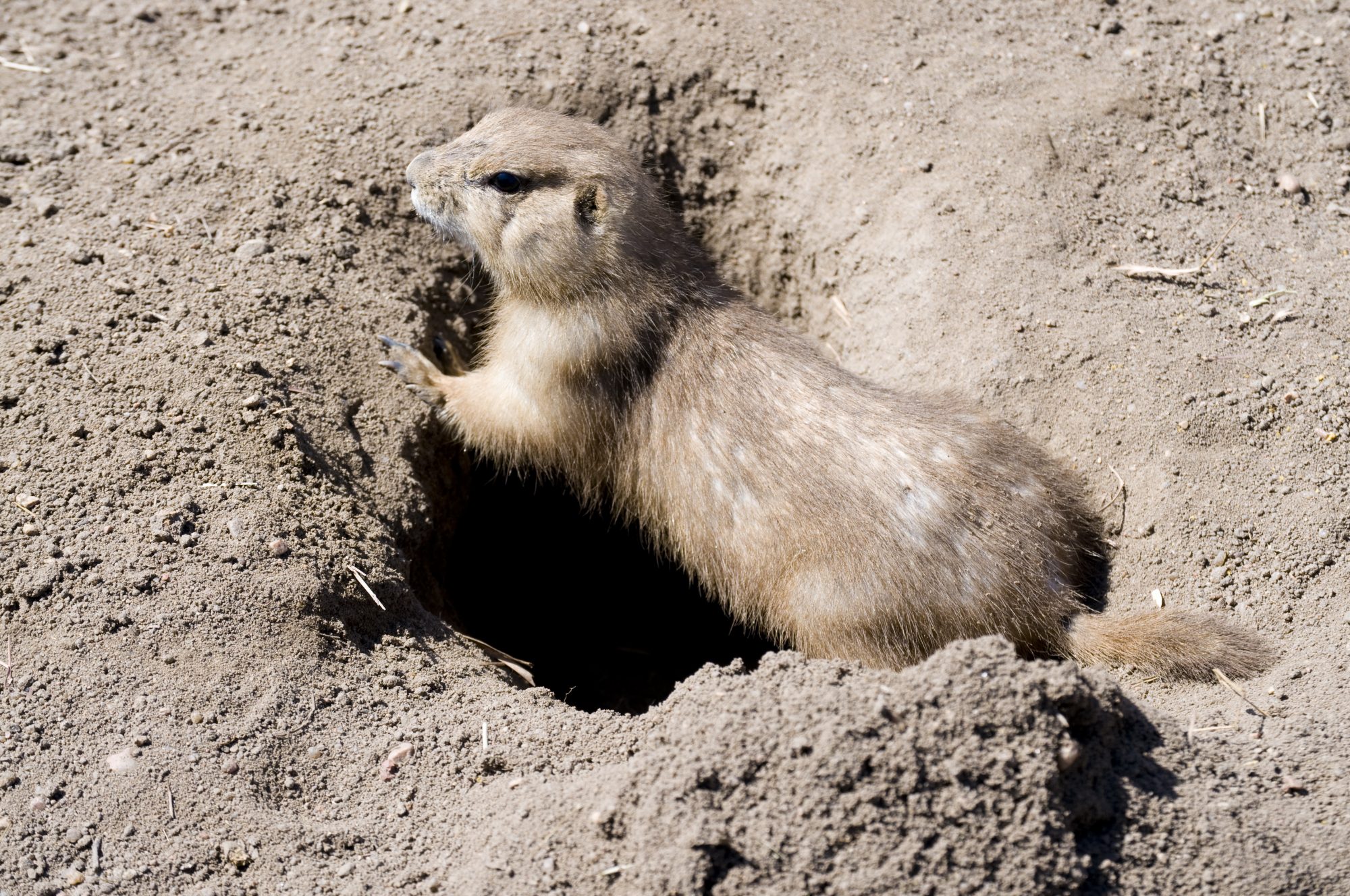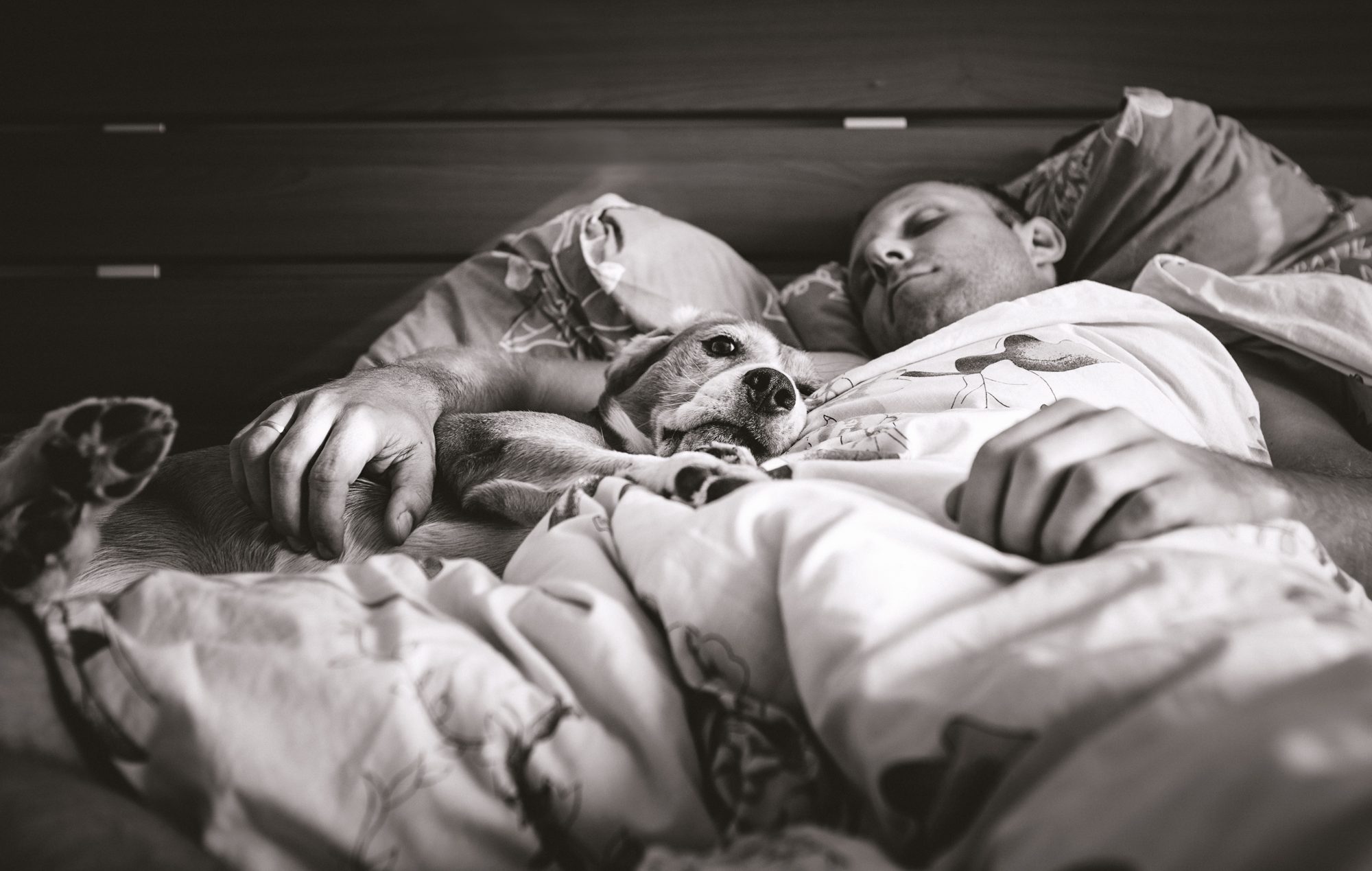A dog has been infected with monkeypox for the first time, and scientists are advising infected individuals to isolate themselves from pets
Two men living in Paris have transmitted monkeypox to their Italian greyhound, the medical journal the Lancet reports.
The infected individuals reported sleeping in bed with their pet dog, and it is believed that they passed the virus on to their dog.
The World Health Organization is now calling on people infected with monkeypox to avoid spending time near animals following the first reported case of human-to-animal transmission.
This is the first case reported of human-to-animal transmission … and we believe it is the first instance of a canine being infected
“This is the first case reported of human-to-animal transmission … and we believe it is the first instance of a canine being infected,” comments Rosamund Lewis, the WHO’s technical lead for monkeypox.
How did the dog become infected with monkeypox?
The monkeypox infection in the Italian greyhound has been confirmed, but so far scientists have been unable to confirm how the animal became infected.
However, since the dog’s owners were both infected with monkeypox, it is likely that the dog caught the disease from them.
The Lancet describes the case in more detail: “12 days after symptom onset, their male Italian greyhound, aged 4 years and with no previous medical disorders, presented with mucocutaneous lesions, including abdomen pustules and a thin anal ulceration.
“The dog tested positive for monkeypox virus by use of a PCR protocol adapted from Li and colleagues that involved scraping skin lesions and swabbing the anus and oral cavity.”Monkeypox virus DNA sequences from the dog and patient 1 were compared by next-generation sequencing.
“Both samples contained virus of the hMPXV-1 clade, lineage B.1, which has been spreading in non-endemic countries since April, 2022, and, as of Aug 4, 2022, has infected more than 1700 people in France, mostly concentrated in Paris, where the dog first developed symptoms. Moreover, the virus that infected patient 1 and the virus that infected the dog showed 100% sequence homology on the 19·5 kilobase pairs sequenced.
“The men reported co-sleeping with their dog. They had been careful to prevent their dog from contact with other pets or humans from the onset of their own symptoms (ie, 13 days before the dog started to present cutaneous manifestations).”
“To the best of our knowledge, the kinetics of symptom onset in both patients and, subsequently, in their dog suggest human-to-dog transmission of monkeypox virus. Given the dog’s skin and mucosal lesions as well as the positive monkeypox virus PCR results from anal and oral swabs, we hypothesise a real canine disease, not a simple carriage of the virus by close contact with humans or airborne transmission (or both).
We call for further investigation on secondary transmissions via pets
“Our findings should prompt debate on the need to isolate pets from monkeypox virus-positive individuals. We call for further investigation on secondary transmissions via pets.”

How did monkeypox originate?
It was only recently that the WHO reported that COVID-19 originated at Wuhan wet market via animals including raccoon dogs and foxes.
The origin of monkeypox is still unknown
In the case of monkeypox – as the name suggests – it was originally identified in monkeys kept for research in Denmark in 1958, though it is found most frequently in rodents.
However, the origin of monkeypox is still unknown.
The first cases of monkeypox in humans were discovered in 1970 when the disease was mainly limited to certain west and central African countries.
But in May 2022, the disease began spreading around the world. More than 35,000 cases have now been reported and 12 have died. The WHO has designated the monkeypox outbreak as a global health emergency.
Can other animals contract monkeypox?
In countries where the disease is endemic, only wild animals, such as rodents and primates, have been infected.
In the USA, prairie dogs have been infected and in Europe, captive primates have also transmitted the disease.
Monkeypox in domesticated animals, such as cats and dogs, has never been reported, until the case in Paris.

Whether domesticated cats and dogs could be a vector for monkeypox virus is still unknown.











